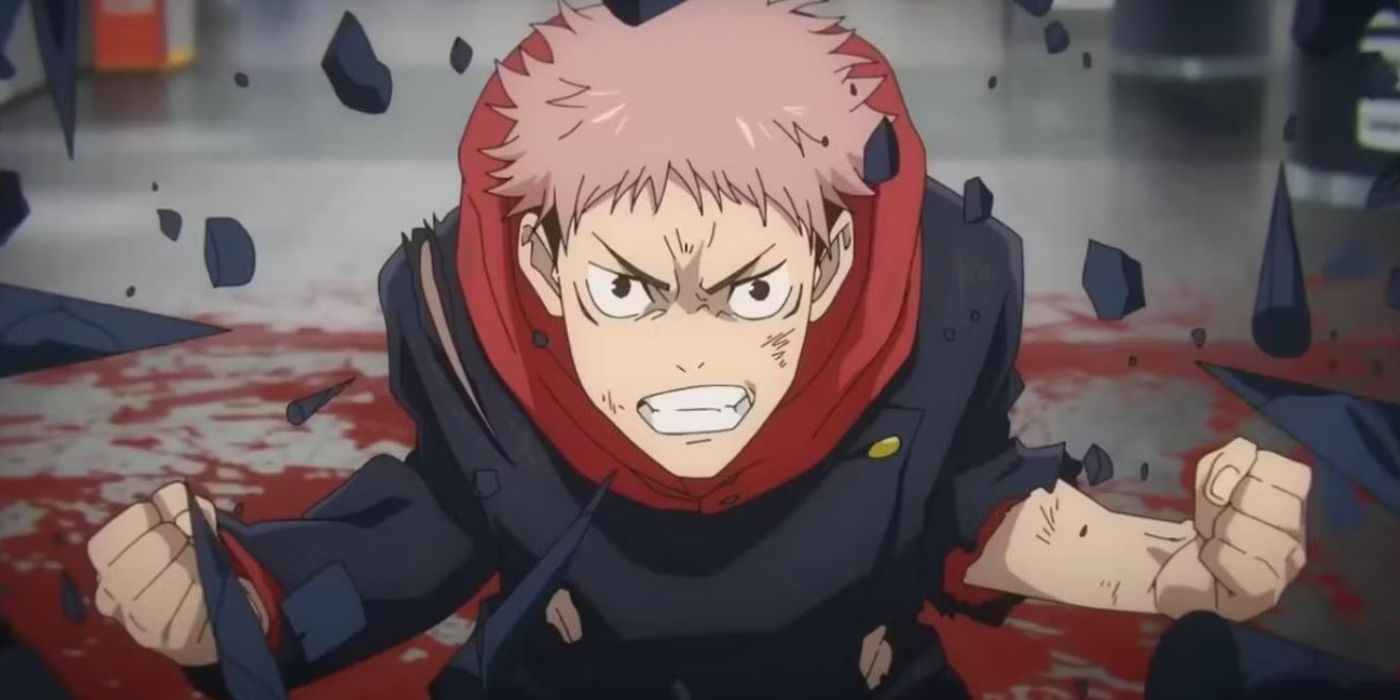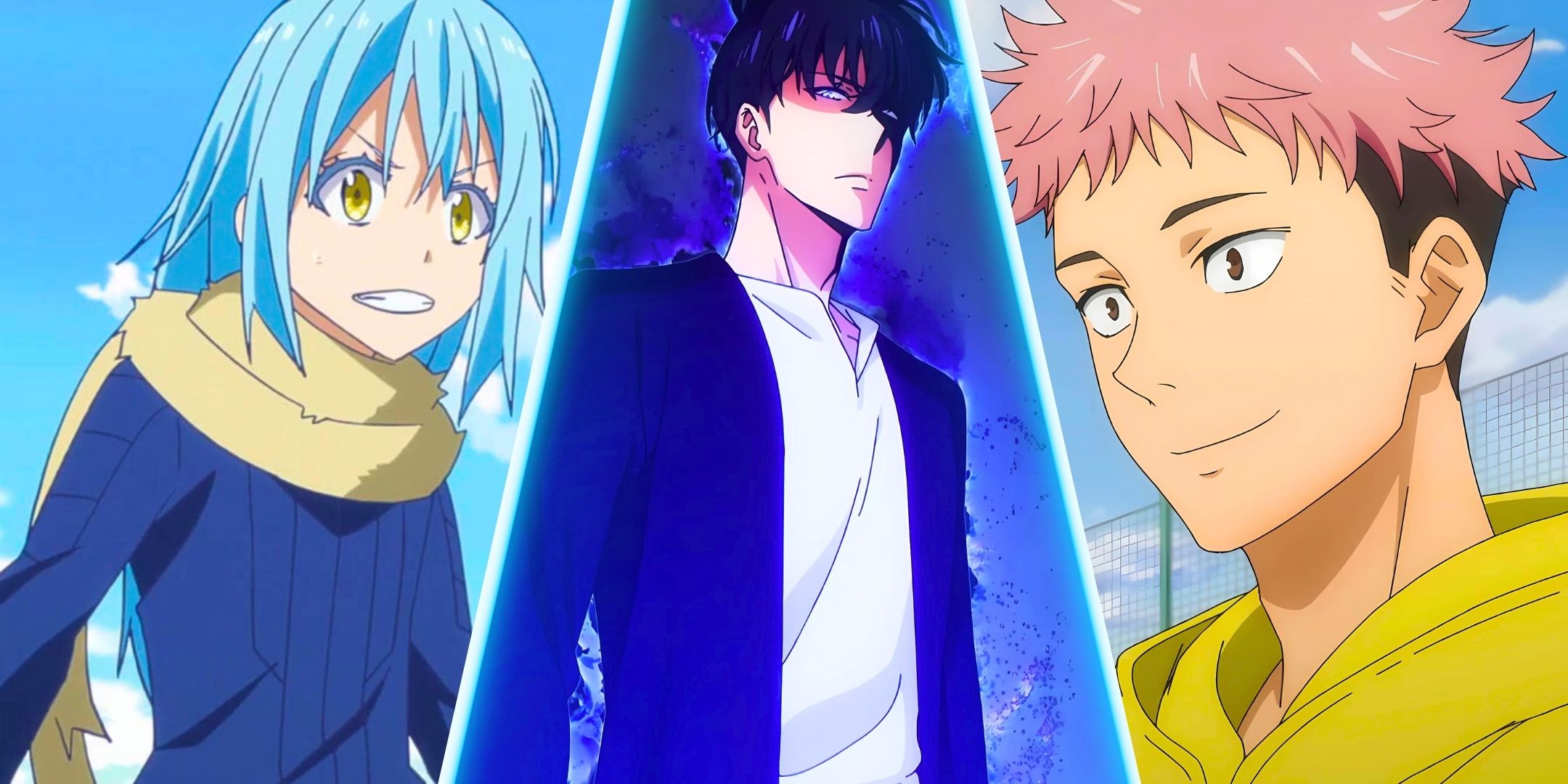
The popular shonen anime “ Solo Leveling ” has stirred up discussions, with some praises and criticisms alike. Some are debating the true appeal of its protagonist, Sung Jinwoo. Despite the divided opinions within the anime community, there’s no denying that “Solo Leveling ” is ready to test the dominance of the well-established isekai genre. While some viewers might find it slightly overhyped, disrupting the isekai genre isn’t exactly a daunting task.
It’s been quite a while since the isekai anime genre has become popular, and unfortunately, it’s often criticized for being repetitive and predictable. So, when shows like “Solo Leveling” slightly touch upon the isekai genre without fully embracing it, anime fans can identify which aspects of isekai are essential and which aren’t. This could potentially lead to a significant evaluation of the entire isekai genre. For many years, isekai anime has been comfortably following its own path, but now “Solo Leveling” is poised to outdo isekai in its own game, exposing the genre’s shortcomings.
Solo Leveling Is a Fresher Kind of Power Fantasy Anime
Sung Jinwoo’s Underdog Story Is What Modern Shonen Anime Needed
Despite some anime enthusiasts disregarding the entire isekai genre, Solo Leveling still doesn’t break new ground by featuring a character who indulges in a power-tripping spree. However, even though Solo Leveling revisits familiar themes, it offers a unique and invigorating portrayal of a power trip within the current anime landscape. In recent years, Solo Leveling stands as one of the most prominent representations of a non-isekai power trip, thus serving as a formidable competitor to the isekai genre. While not all isekai anime revolve around self-indulgent power trips with self-insert leads, as fans of Ascendance of a Bookworm might argue, such power trips are still prevalent in many isekai anime and often come to mind when the term is mentioned. Hence, it’s reasonable to compare Solo Leveling to isekai for this reason.
The concept of self-insert power fantasies remains a favorite, leading to their continuous creation within the anime world. These stories offer an empowering escape, as we watch a character who mirrors our own struggles transform into a powerful hero with extraordinary abilities. However, does this identifiable protagonist always require leaving our world to achieve greatness? The isekai genre appears to believe so, merging power fantasies with the ultimate escape by transporting the hero to a realm where they can perform any feat without repercussions. Numerous isekai animes present a narrative in which the protagonist can assume any role and achieve anything in their new, unrestricted world. While this formula has proven successful, overindulgence may lead to monotony, prompting the need for fresh ideas like the anime Solo Leveling.
In a refreshing twist, “Solo Leveling” is shaking up the isekai anime genre and the broader anime industry by demonstrating that compelling underdog power trips don’t necessarily require the conventional structure of isekai series. While “Solo Leveling” isn’t the pioneer in this approach, it has become the most prominent and widely discussed example within the isekai genre. Despite not being a typical isekai anime, it retains key elements, particularly Sung Jinwoo’s transformation from an ordinary character to a powerful figure. If viewers can enjoy the core power trip experience without needing the standard isekai setup, then the isekai genre could be in for some healthy competition and change. Many isekai anime seem content with repetitive storylines, relying on the assumption that audiences will accept formulaic power trips without question; however, “Solo Leveling” is challenging this norm.
Solo Leveling Is a Hybrid Isekai Anime Experience
Solo Leveling Combines Shonen Anime Action With RPG Power Progression
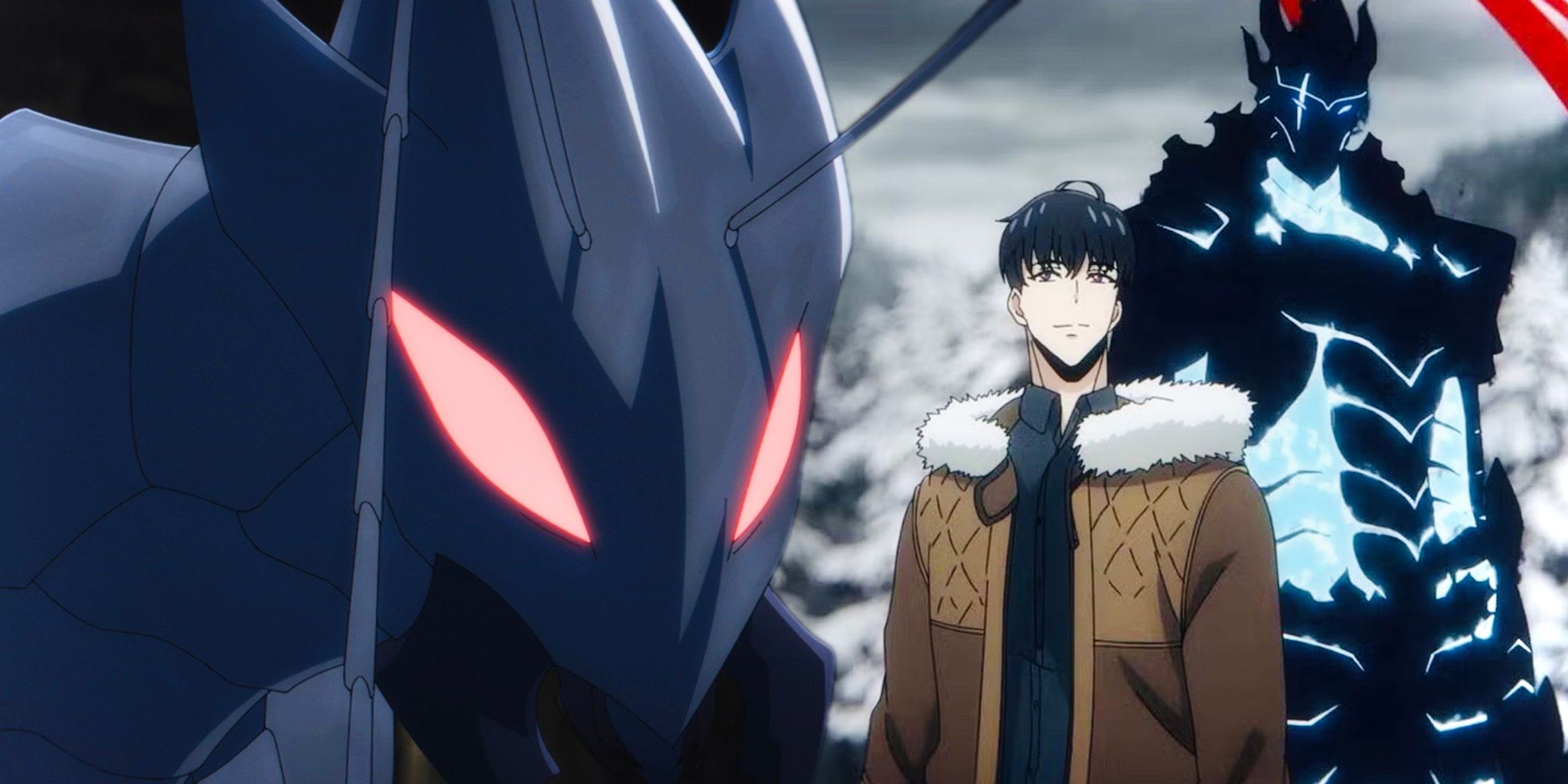
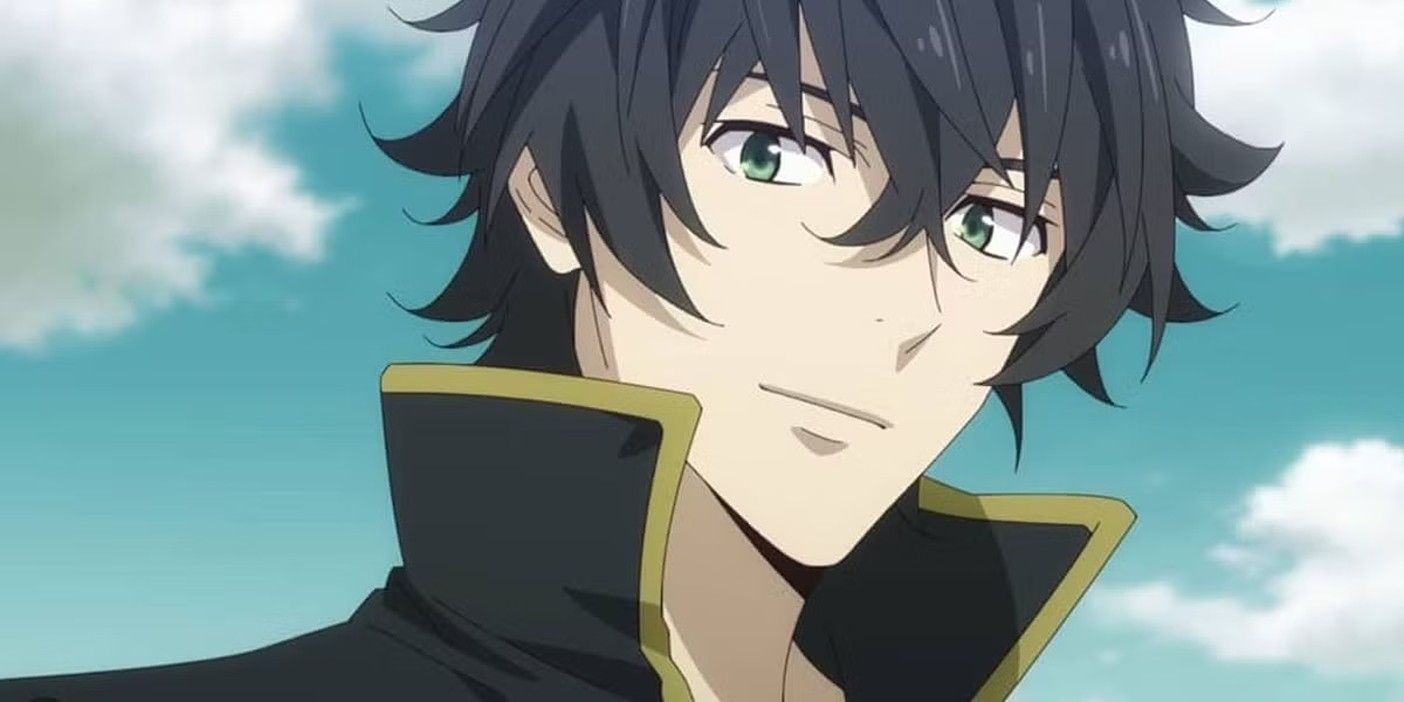
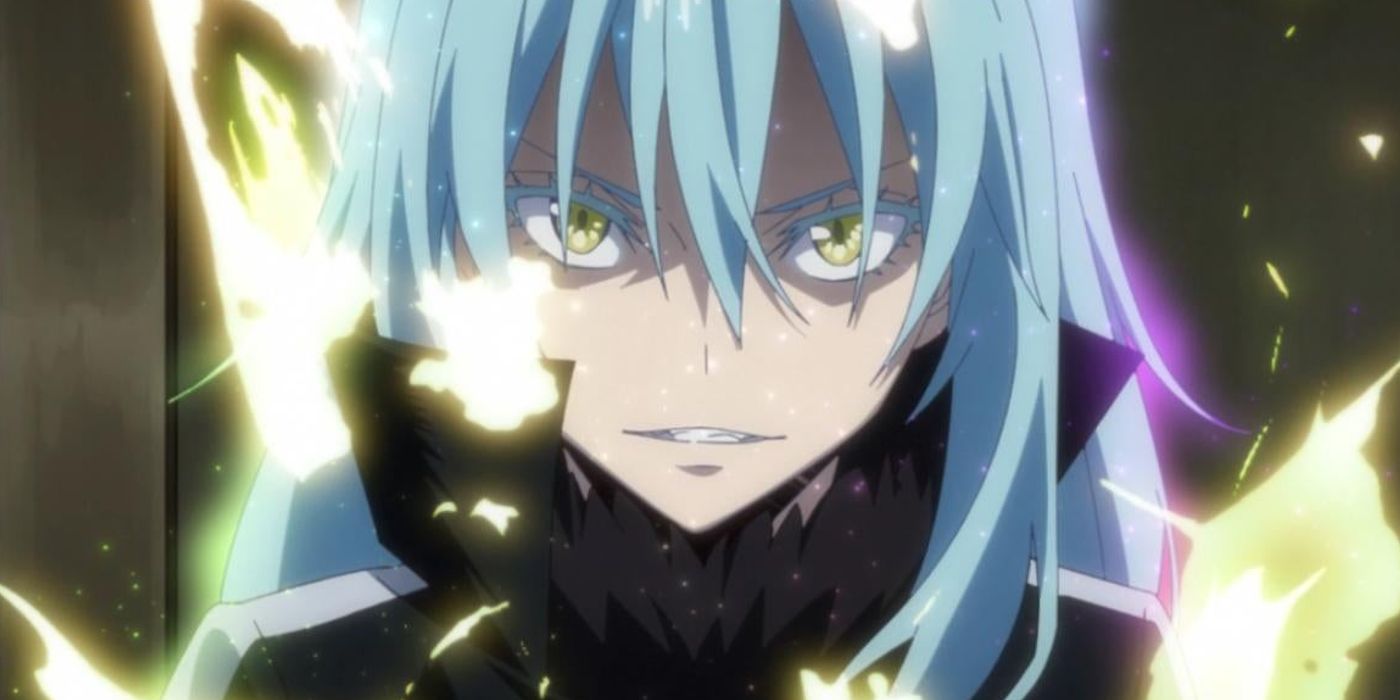
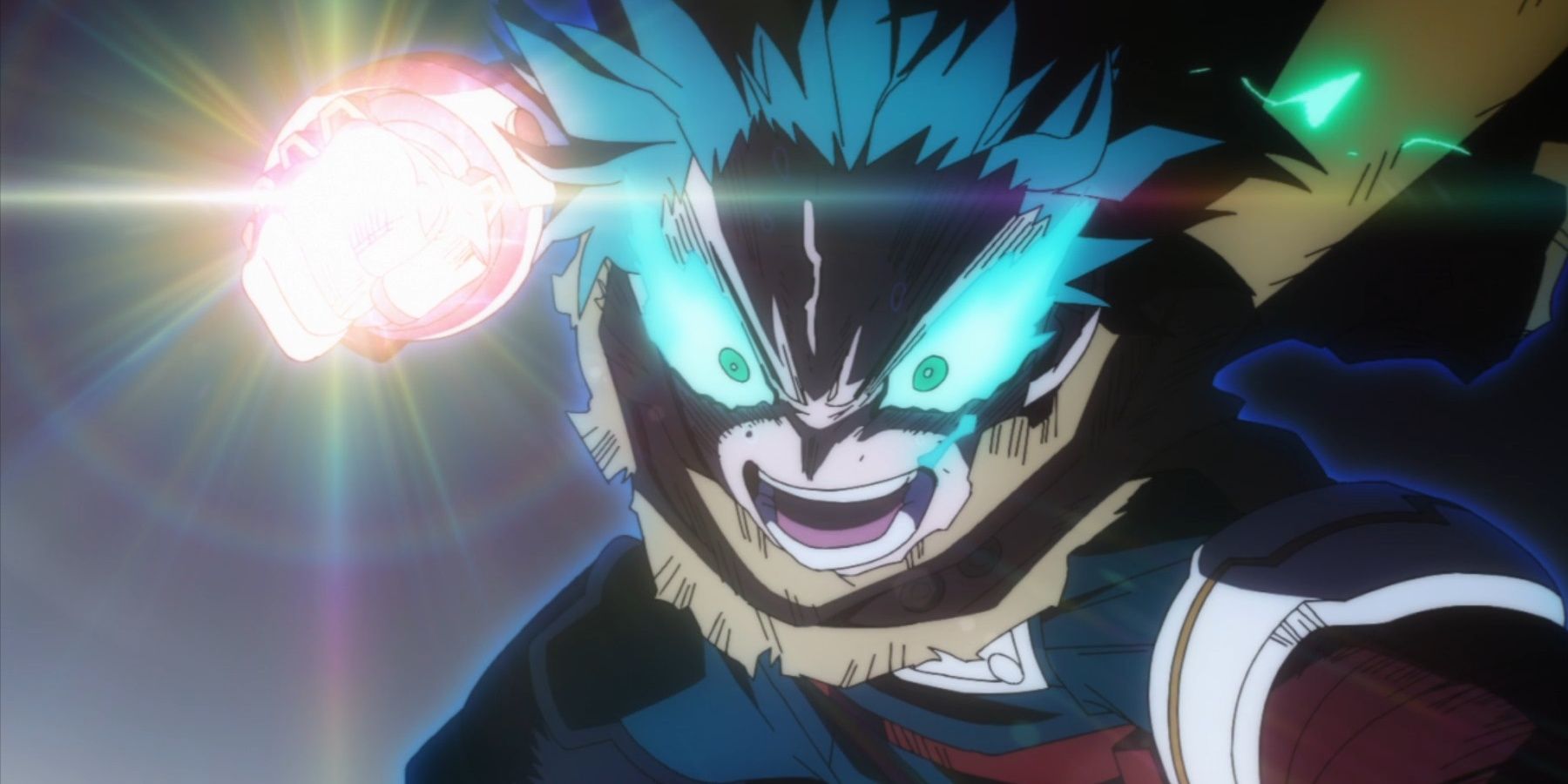
As an observer, I find myself drawn to the unique blend presented by “Solo Leveling.” This action shonen anime stands not only as a test but also a potential disruption for both isekai and traditional shonen genres. It skillfully merges the captivating elements of isekai with the dynamic action found in regular shonen, often outperforming them in popularity and viewer ratings. In today’s anime landscape, “Solo Leveling” holds a commanding position, offering a dual experience that combines the best of two worlds. Despite criticisms regarding its generic character designs, unremarkable dialogue, or source light novels, it more than compensates for these perceived flaws with its exceptional storytelling and innovative approach.
Solo Leveling could be summarized as a blend of the top aspects of isekai anime, minus the excess and stereotypes, or it can be seen as a traditional action shonen anime that has been enhanced with captivating isekai elements for fans. A notable feature of Solo Leveling is its video game-like structure, which is common in many isekai anime like The Rising of the Shield Hero and That Time I Got Reincarnated as a Slime. Since many anime fans are also avid gamers, particularly JRPG enthusiasts, features such as experience points, skill trees, inventories, and health/mana bars provide an engaging way to present the protagonist’s powers and development. However, while isekai-inspired anime with video game elements is popular, it isn’t strictly necessary. The video game logic can also be effectively used in more realistic action titles, as demonstrated in Solo Leveling.
In contrast to isekai anime like “Sword Art Online” and others, popular series such as “My Hero Academia” and “Jujutsu Kaisen” are set in our world, making them more relatable. However, fans might find these shows lacking some beloved aspects of isekai anime. The heroes in isekai anime are often given excessive strength or abilities on-the-spot to win intense battles, a method that works but can feel arbitrary or careless without the structure of video game mechanics. This approach also fosters plot armor, where characters seem invincible due to conveniently timed abilities. For instance, in these shows, Quirks (special powers) often manifest when the story requires it rather than being earned through experience points or skill trees. Fans may find these developments contrived or sudden.
Essentially, Solo Leveling stands out by merging JRPG mechanics into a non-isekai anime setting, offering a unique blend that sets it apart in the current anime scene. This could act as a catalyst, pushing isekai and traditional action shonen anime to innovate and break free from longstanding formulas that might seem stale. In essence, Solo Leveling presents a competitive benchmark for other action anime, encouraging them to evolve and discard outdated conventions.
Solo Leveling Is Almost Like an Isekai Anime Without the Pile of Clichés
Sung Jinwoo Doesn’t Need an Elf Girl Harem
As a die-hard fan of anime, I must say that “Solo Leveling” is shaking up the isekai genre in a remarkable way! It’s not just about its top-notch animation and sleek presentation, but also its clever avoidance of the tired clichés that often plague isekai anime. While “Solo Leveling” doesn’t strictly fall under the isekai category, it shares enough similarities to make comparisons valid, and trust me, “Solo Leveling” comes out on top!
Being somewhat of a half-isekai, “Solo Leveling” can effortlessly sidestep the genre’s worn-out clichés, formulas, and conventions. In doing so, it brilliantly demonstrates how many of these elements are overused and overrated. “Solo Leveling” offers a unique take on the isekai underdog story, standing strong without needing any of the isekai genre’s other familiar tropes to enhance the experience.
In traditional isekai anime, powerful journeys often come with clichés like harems and a demon king, but these elements don’t have to go hand in hand. “Solo Leveling” proves that an incredible power trip can be enjoyed without relying on these common isekai stereotypes.
At heart, followers of anime have long suspected this, but it’s still gratifying to witness a partially isekai-style series like “Solo Leveling” validate our feelings. For once, the protagonist Sung Jinwoo or Ainz Ooal Gown can step away from the typical isekai clichés without them, demonstrating just how unnecessary and excessive many of these tropes truly are. While isekai clichés can sometimes serve a purpose, they are often merely obligatory elements added by an unimaginative industry following a formula. Instead of faithfully reproducing these familiar elements, many anime creators have failed to recognize that not every anime requires them or should employ them. However, “Solo Leveling” has emerged to make a statement by forgoing the harems and contrived reincarnations, returning isekai anime to its original essence without even being an isekai anime itself.
Read More
- Clash Royale Best Boss Bandit Champion decks
- Mobile Legends: Bang Bang (MLBB) Sora Guide: Best Build, Emblem and Gameplay Tips
- Best Hero Card Decks in Clash Royale
- Vampire’s Fall 2 redeem codes and how to use them (June 2025)
- Best Arena 9 Decks in Clast Royale
- All Brawl Stars Brawliday Rewards For 2025
- Clash Royale Furnace Evolution best decks guide
- Clash Royale Witch Evolution best decks guide
- Dawn Watch: Survival gift codes and how to use them (October 2025)
- Brawl Stars December 2025 Brawl Talk: Two New Brawlers, Buffie, Vault, New Skins, Game Modes, and more
2025-05-24 07:01
